Biography
J.A. Adande is a native of Los Angeles, California. He attended Northwestern University and earned his undergraduate degree in journalism in 1992. Post-graduation, he worked as a writer for the Chicago Sun-Times covering football and basketball for the University of Illinois and the Chicago Bulls. He later became a reporter for The Washington Post where he covered college football and basketball, and the Washington Bullets - now known as the Washington Wizards. Adande was able to return to his hometown when he became a sports columnist for the L.A. Times, writing for the publication for 10 years and giving readers his view on the sports world, including Shaquille O’Neal and Kobe Bryant.
Adande then worked as a sports columnist for ESPN.com covering the NBA and was also a sideline reporter for NBA games. He joined ESPN as a panelist for the show “Around the Horn” in 2002 and became a regular in 2007. He also serves as a guest host on ESPN’s “Pardon the Interruption.” Adande served as an adjunct professor for USC’s Annenberg School of Communication and Journalism from 2004 to 2015, but has now rejoined the academic realm at Northwestern. In August 2016, Adande left his full-time position at ESPN and announced via Twitter that he would be the new director of sports journalism for the Medill School of Journalism, Media, and Integrated Marketing, where he will also work as an associate professor.
Interviewed by Glen Charlton
I really came of age in the showtime Lakers era.
Magic Johnson’s rookie year, the Lakers won the championship. The way he played the game, the flare, the style, the enthusiasm, he had just made me fall in love with basketball. That got me interested in sports.
Michael Jordan still was absolutely part of the discussion. You couldn’t help it. He was a phenomenon ever since 1984. I remember watching him in college. We’d turn on the games on Saturday morning on ESPN, and Dick Vitale was doing the games at North Carolina at the old Carmichael auditorium, and you’d just watch Jordan.
He was in L.A. for the Olympics in 1984 and the year “Jordans” came out in 1985, that was a phenomenon. It didn’t matter where you were at that time, Michael Jordan was a huge part of the story.
Still, I wanted to play for the Lakers, and when that didn’t pan out, I realized pretty early on that it wasn’t going to be realistic. When I was in junior high and all my friends hit their growth spurt, I stayed around 5’1. I grew very late in my life, or at least in my adolescence.
My so-called career in athletics ended in 10th grade when I hurt my knee. I was okay in sports. I was somewhat naturally athletic. I think I moved pretty well and I was fortunate to have never broken a bone or really suffer a serious injury, except when I hurt my knee. I could jump pretty well and I could move pretty quickly. I enjoyed it. I could go on the court and be productive and not embarrass myself.
The Lakers became the most important thing in my life. My emotions tended to rise and fall depending on whether or not they won the previous night. It made me want to be involved with that somehow.
I decided I needed to do something that was going to allow me to be in the Lakers’ arena, literally. I always been good at writing since elementary school. I figured I could write or be a broadcaster like Chick Hearn, who did play by play for the Lakers. So I then set my sights on that field.
Going to Northwestern was the best decision I ever made because it gave me the tools I needed in this industry. It gave me the ability to write with clarity and it also provided me with a network that helped give me my initial start and a great group of support throughout my career. I wouldn’t be where I am today without Northwestern.
I had an internship at the Miami Herald when I graduated from Northwestern, and about halfway through that, I got a call about applying for the Chicago Sun-Times and covering college sports, including the University of Illinois and the Big 10. It was really appealing to me, especially because the NCAA Final Four was going to be in New Orleans that year, and I was going to get to cover it.
So I got that job and did that for a year and a half and covered the Bulls for the second half of the 1993-94 season. Then, I got the job at The Washington Post. It was great to be around Tony Kornheiser and Michael Wilbon at The Post. I always told people that the show you see on “Pardon the Interruption” was what was happening in the office at The Post whenever the two of them were there. I saw that and I learned a lot from them. I tried to incorporate some things I learned from them and some things they told me.
At the Post, I covered Georgetown for the two years Allen Iverson was there. Iverson’s past and his time spent incarcerated, that was a huge part of his story leading up to the start of his career, but once he started playing, the focus shifted to this transcendent talent with what he was doing on the basketball court. The two years he was there was just about basketball. He didn’t say much, or really express himself much. You didn’t really have much opportunity to talk to him, though. As a reporter, you just got five minutes after the game and that was it.
I also covered national college football at The Post, and my last year there, I covered the Washington Bullets when they played at the Capital Centre. I then got a job to come back to my hometown to work in Los Angeles as a sports columnist. It was a dream come true. The job I wanted and the place I wanted to be.
I think the opportunities getting to cover things like Wimbledon, the Super Bowl, watching Muhammad Ali light the torch at the Olympics in Atlanta in 1996, those are some of my most memorable times as a journalist. Also the small stories, like the story of the Brazilian bobsled team that I told at the Winter Olympics. Covering, I think it’s 18 NBA finals. Being there for that Ray Allen shot between the Miami Heat and the San Antonio Spurs. Watching Jordan go for 50 plus points, being at the sick game in Utah in 1997.
I can’t really pick one that stands out among all of those, but the Ray Allen shot was the most tense. It was just disbelief because one minute, the Spurs were about to win the championship. They had the yellow rope around the court they use to keep people off the court when they’re doing the championship celebration. It was about to be over. And then, the Heat come back and Ray Allen makes that shot, and they go into overtime where the Heat win.
People were defined based on that moment. All of a sudden, LeBron was a two-time champion. Maybe if that shot didn’t happen and things didn’t turn out how they did, maybe LeBron stays in Miami to finish more business. Maybe Tim Duncan gets that championship and decides to retire right then or the next season. NBA history pivoted on that moment, and it was amazing to watch it unfold right in front of you.
In sports journalism today, faster is the priority. Everything is immediate now, things unfold in real time. Highlights are instant instead of at the end of the night on SportsCenter. As for access, it’s harder to spend time around the players and coaches and really get to know them. But for the consumer, things have never been better, right? You could watch any game you want at any time on any device.
Growing up watching the Lakers, home games weren’t really available. I didn’t have cable TV and they went on cable full time until about 1985. If you wanted to watch the Boston Celtics, you only got to see them maybe five times a year during the regular season if you lived in L.A. I would say it’s never been a better time to be a sports fan and a consumer.
I wish everything I do now existed when I was in school. There was no ESPN.com, there was no “Around the Horn”, podcasts, things of that nature. There’s more platforms now, more ways to tell a story, no matter what field you’re in. It’s kind of harder to distinguish between a broadcaster and a writer now. A lot of people are both. All of that is positive, but now you’re dealing with a changing industry that’s facing fewer subscribers, no matter what your product is. There’s more competition because there’s more outlets out there.
To young aspiring journalists, the best I can say is read, write, connect, learn. Ask questions. Make yourself known, then people are in the position to hire because they know who you are. Maintain curiosity, as well. That’s an essential element for journalists, to be curious.
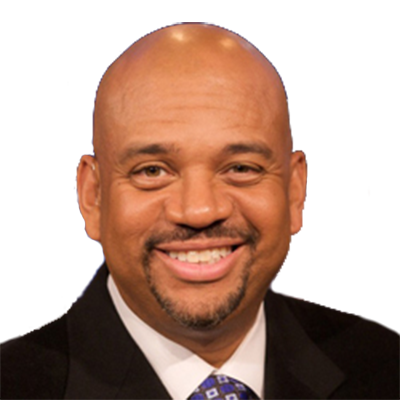 Michael Wilbon
Michael Wilbon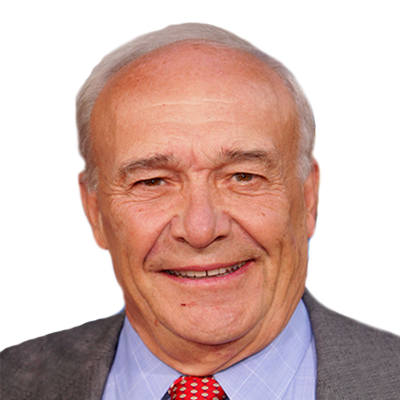 Bill Nack
Bill Nack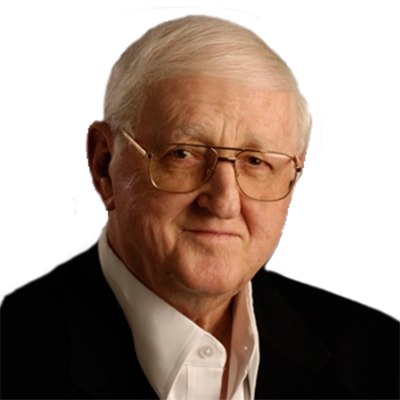 Dan Jenkins
Dan Jenkins Sally Jenkins
Sally Jenkins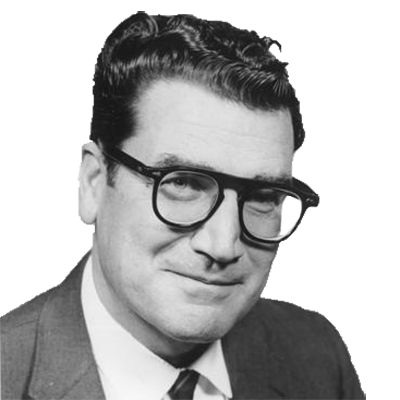 Jim Murray
Jim Murray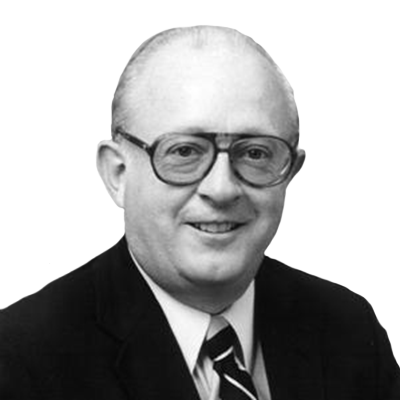 Dave Anderson
Dave Anderson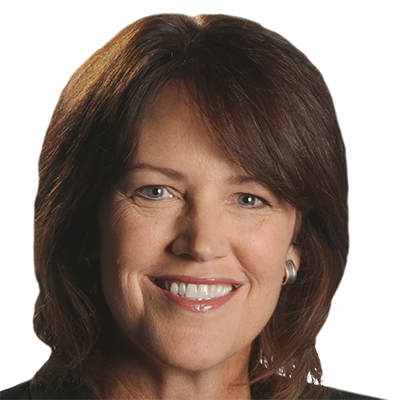 Christine Brennan
Christine Brennan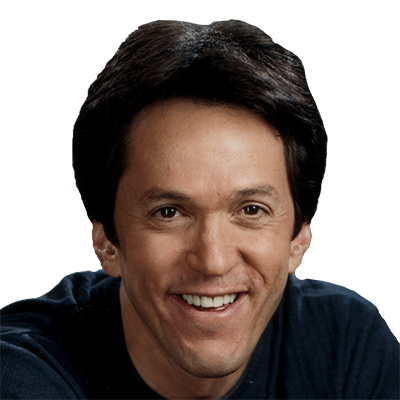 Mitch Albom
Mitch Albom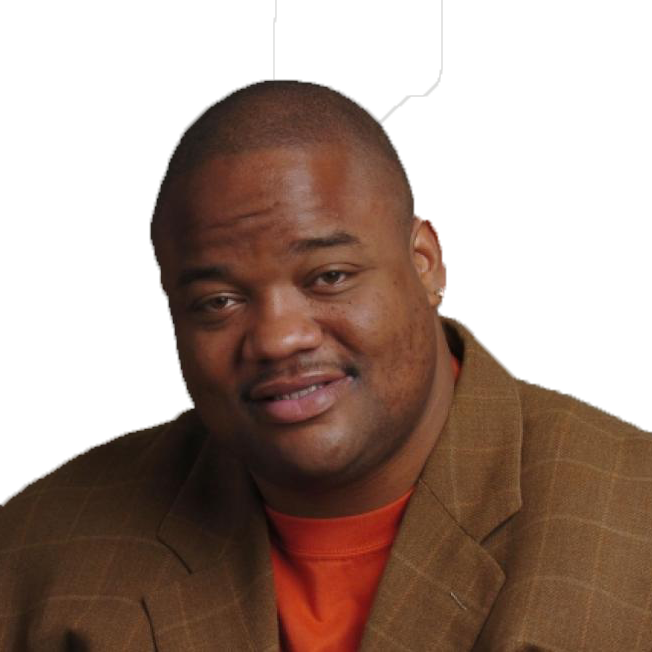 Jason Whitlock
Jason Whitlock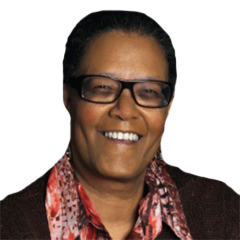 Claire Smith
Claire Smith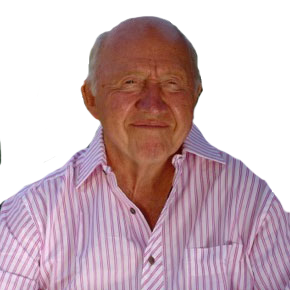 Bud Collins
Bud Collins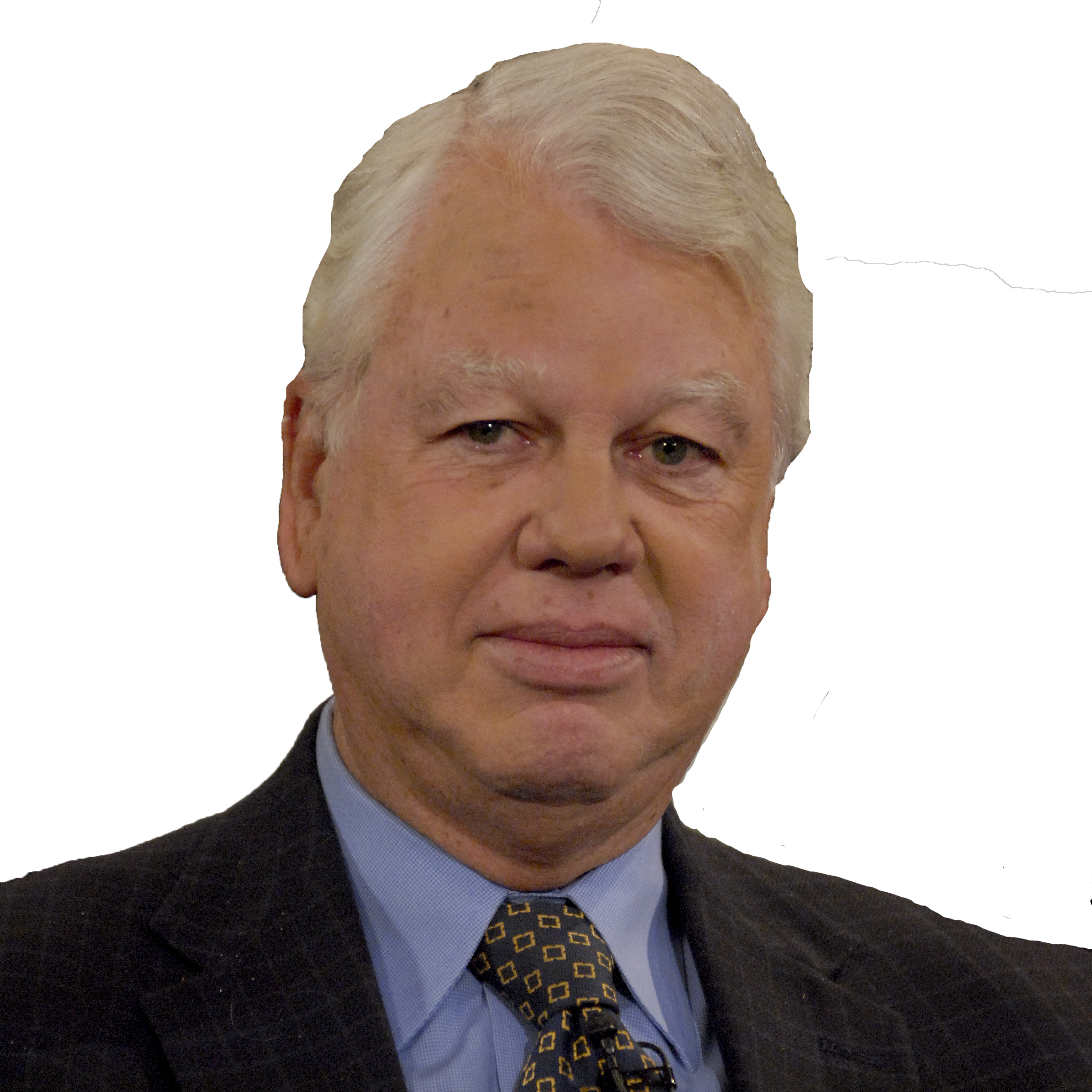 Bob Ryan
Bob Ryan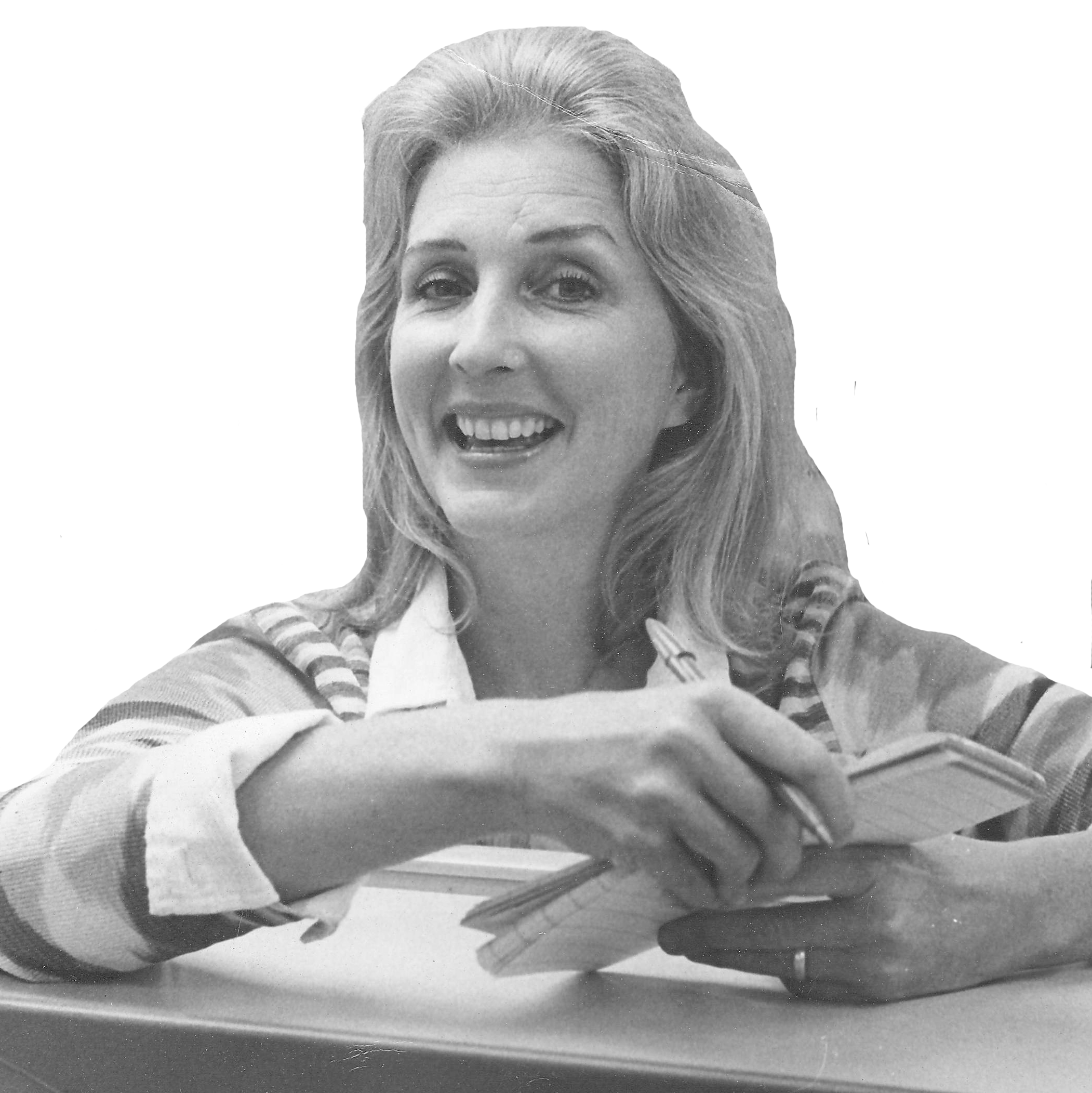 Joan Ryan
Joan Ryan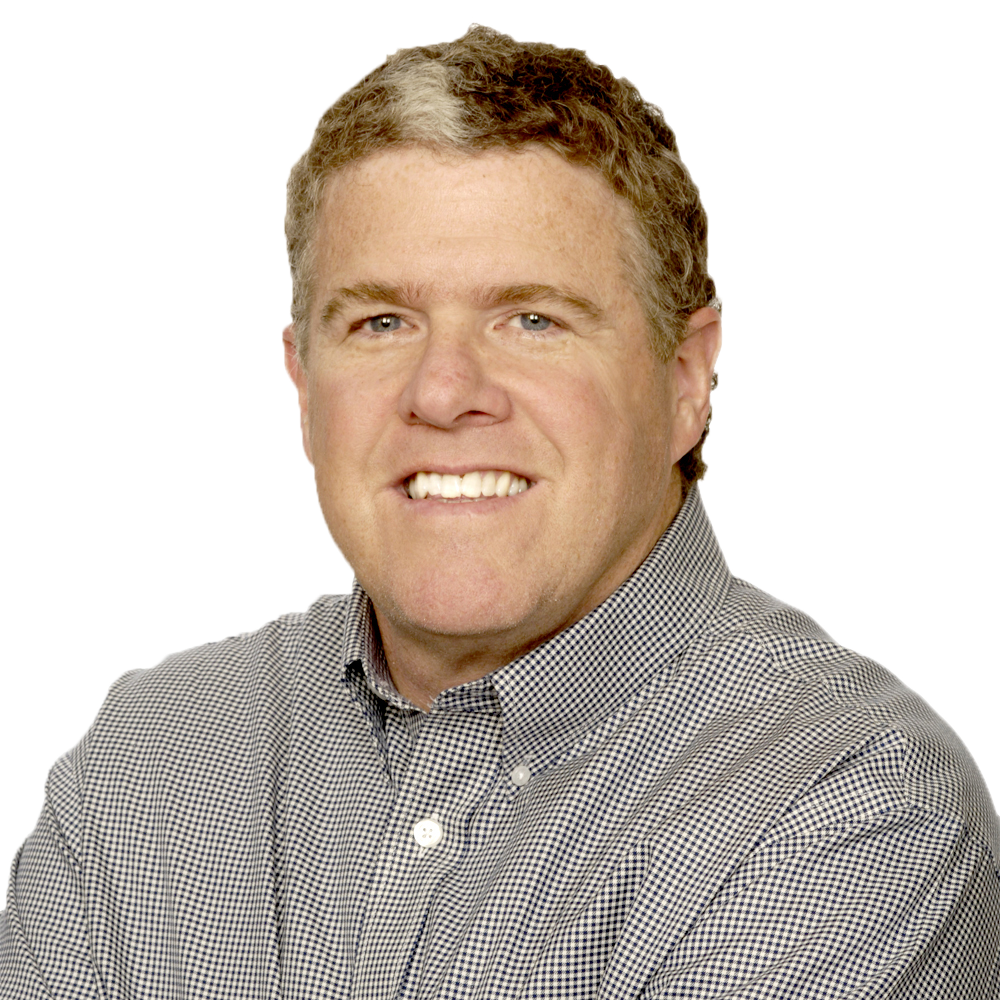 Peter King
Peter King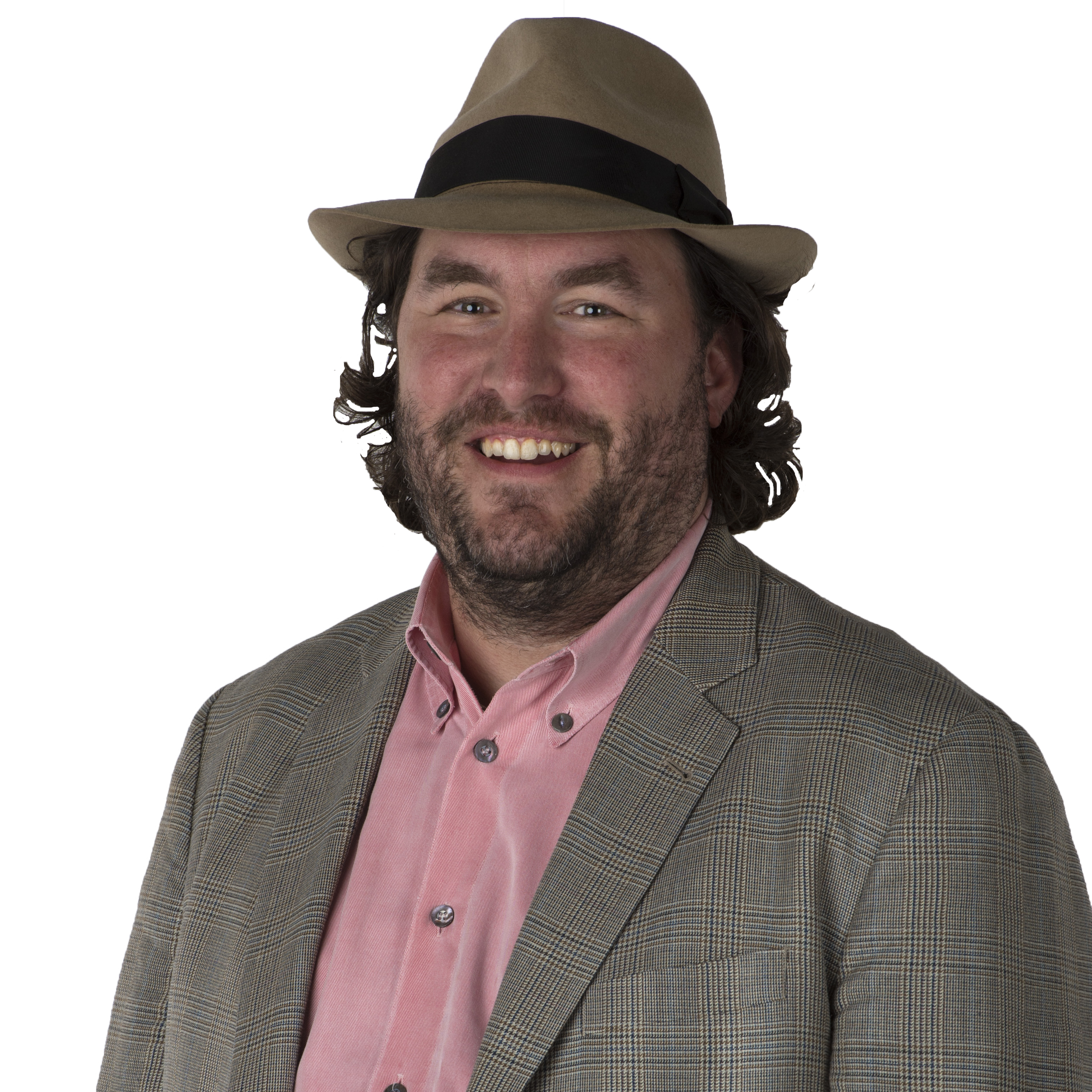 Wright Thompson
Wright Thompson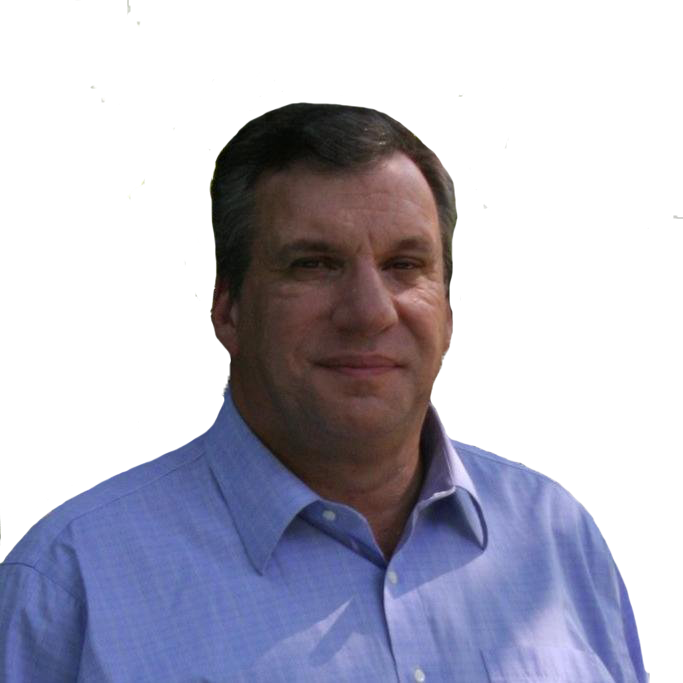 John Feinstein
John Feinstein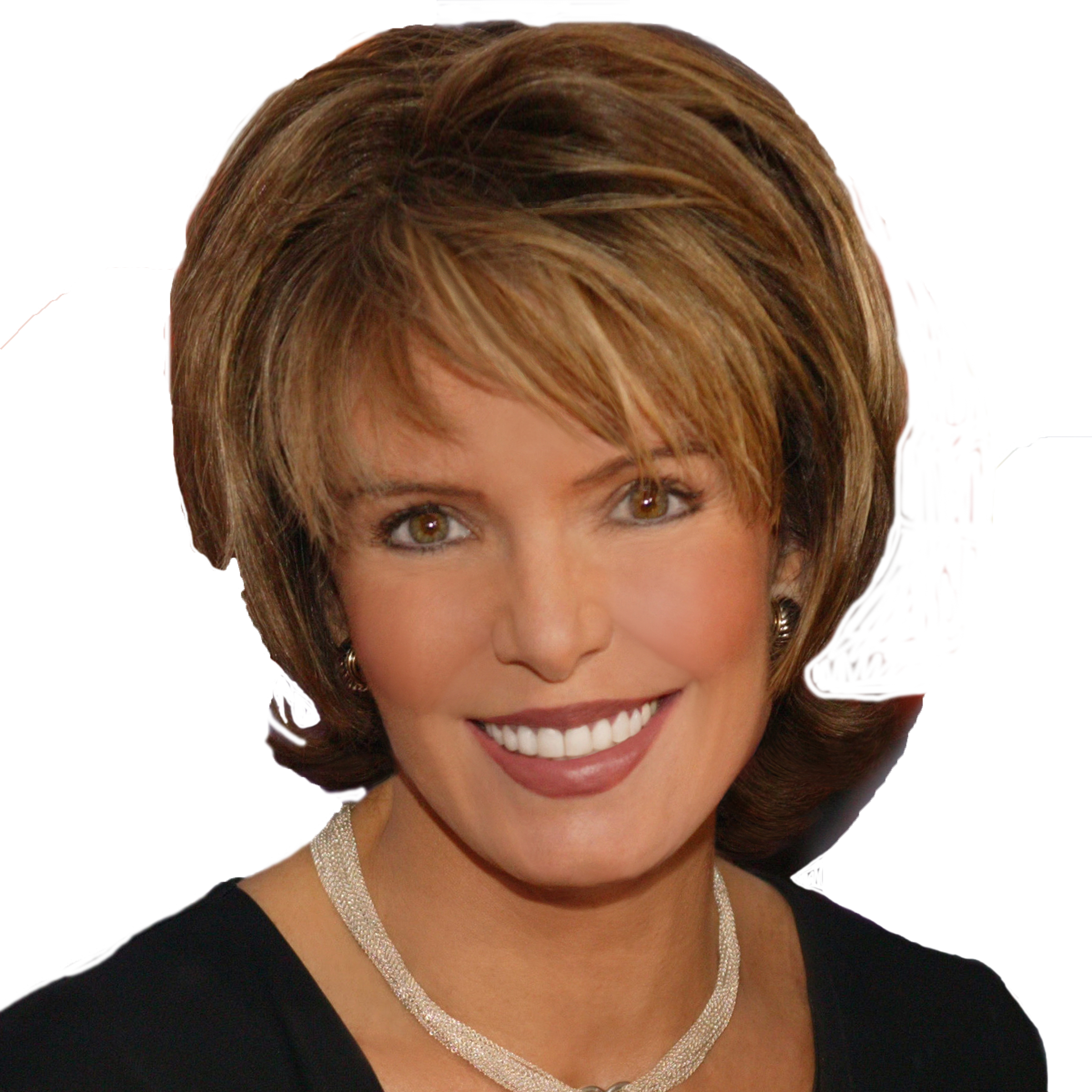 Lesley Visser
Lesley Visser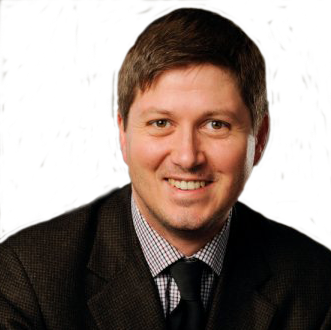 Will Leitch
Will Leitch Tim Kurkjian
Tim Kurkjian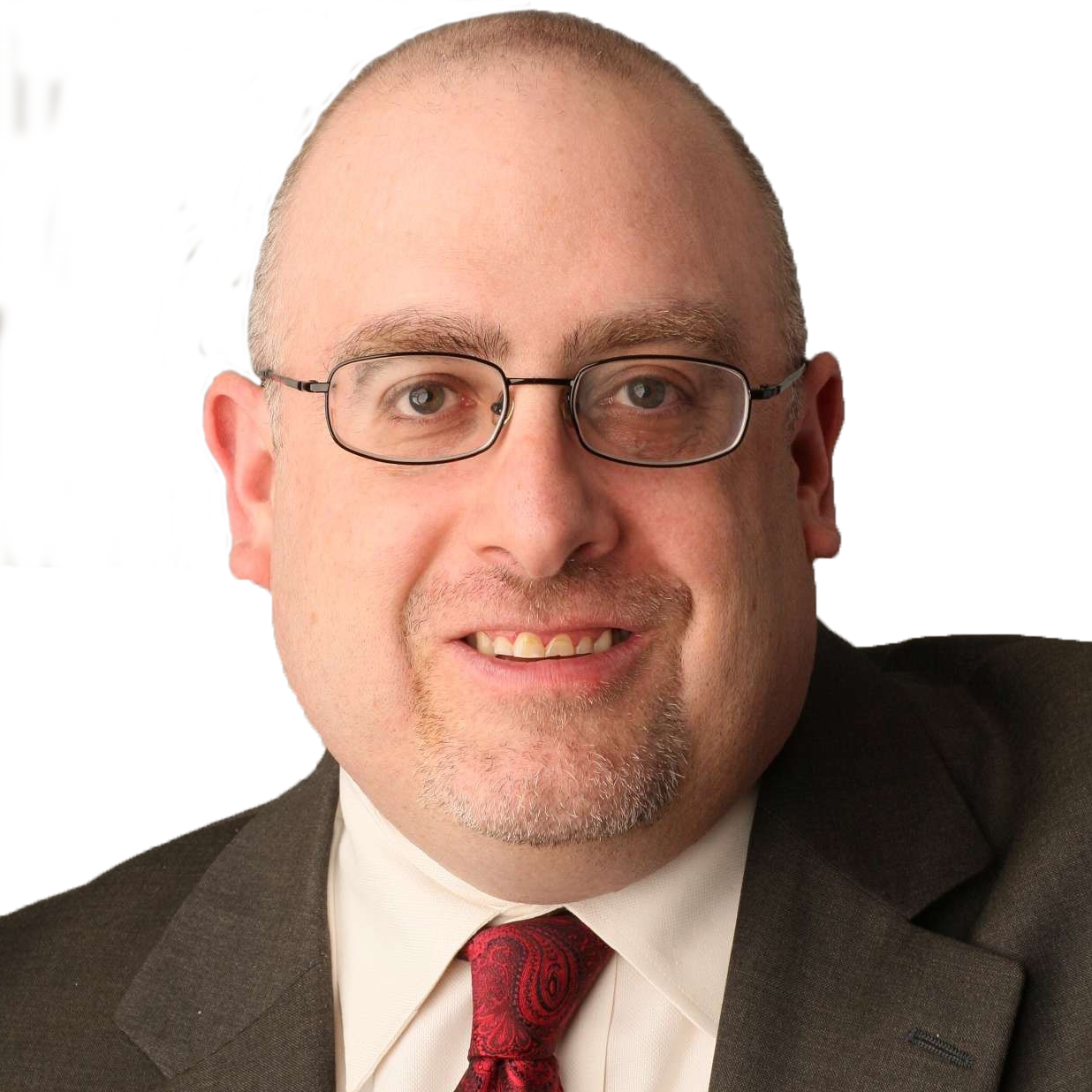 Joe Posnanski
Joe Posnanski
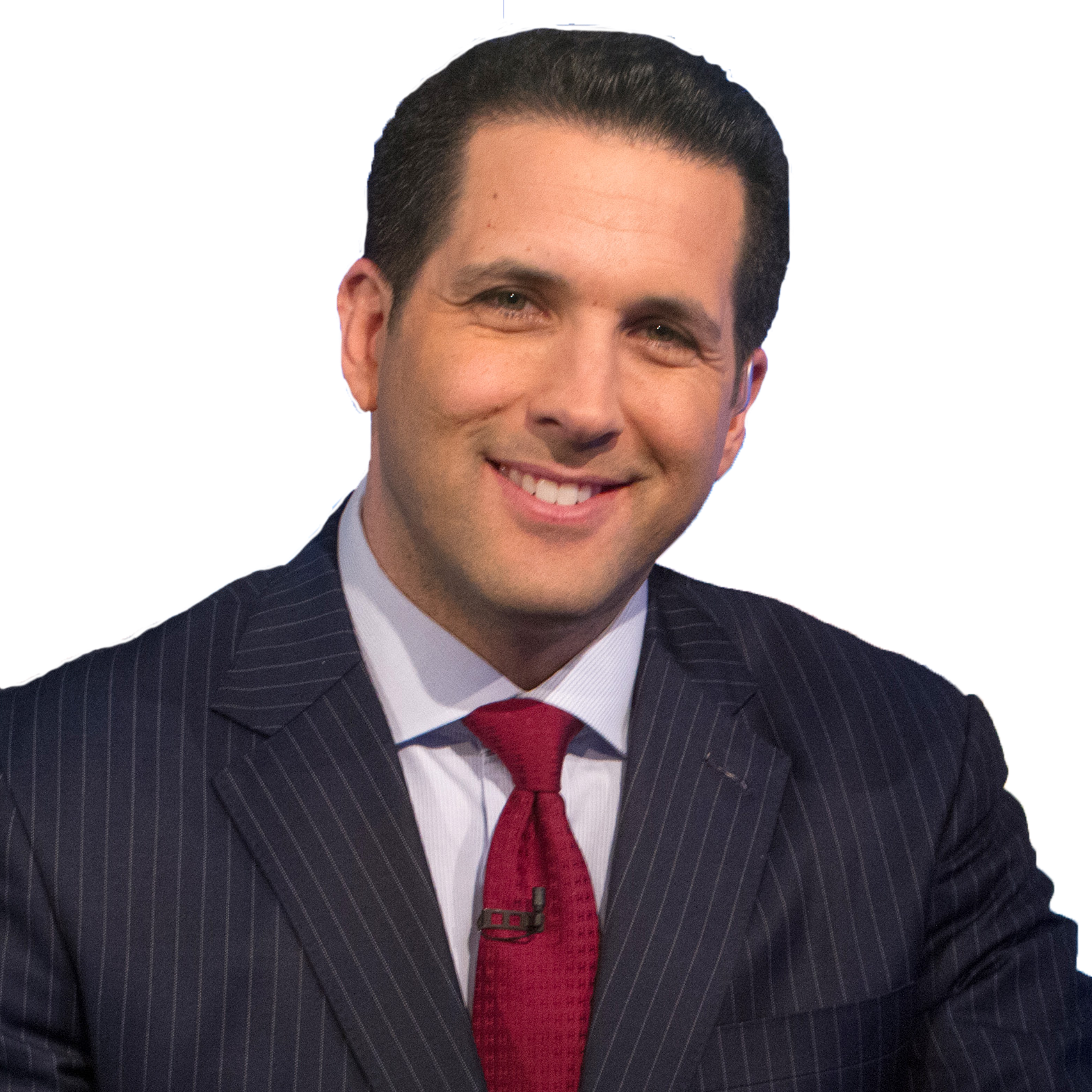 Adam Schefter
Adam Schefter
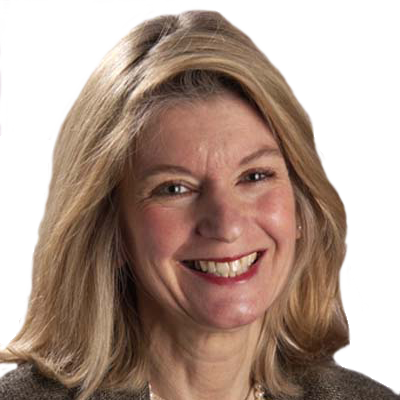 Terry Taylor
Terry Taylor
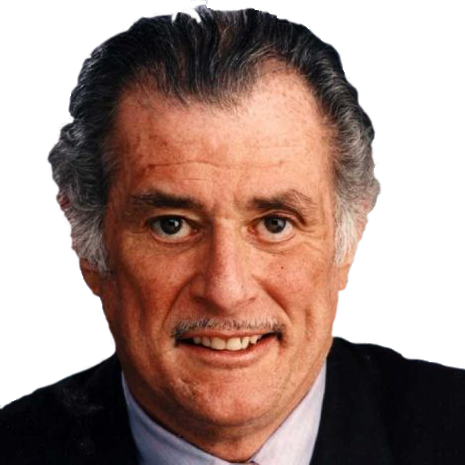 Frank Deford
Frank Deford
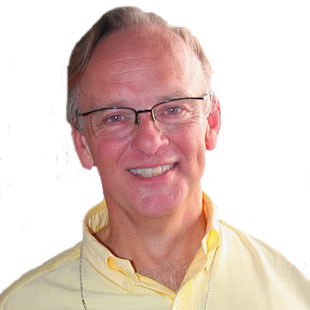 Tom Boswell
Tom Boswell
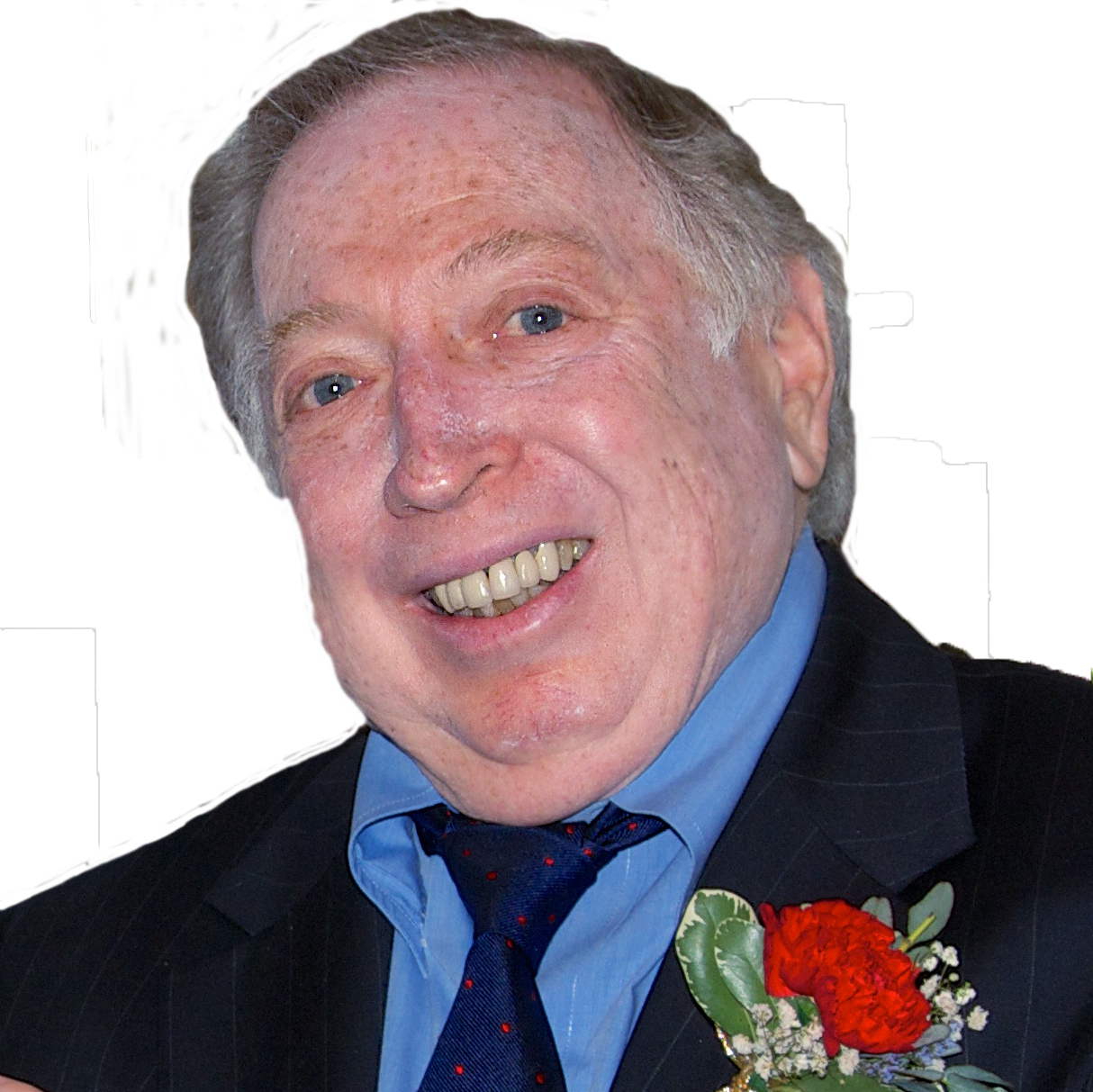 Neil Leifer
Neil Leifer
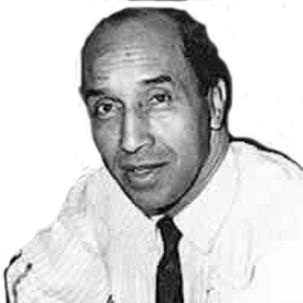 Sam Lacy
Sam Lacy
 Jane Leavy
Jane Leavy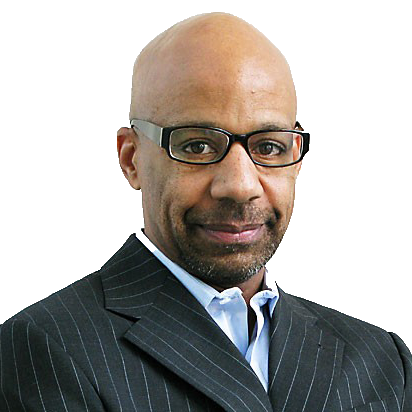 Kevin Blackistone
Kevin Blackistone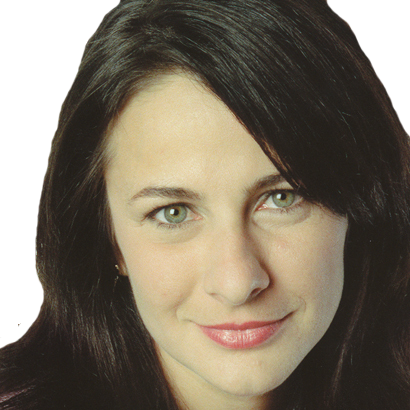 Juliet Macur
Juliet Macur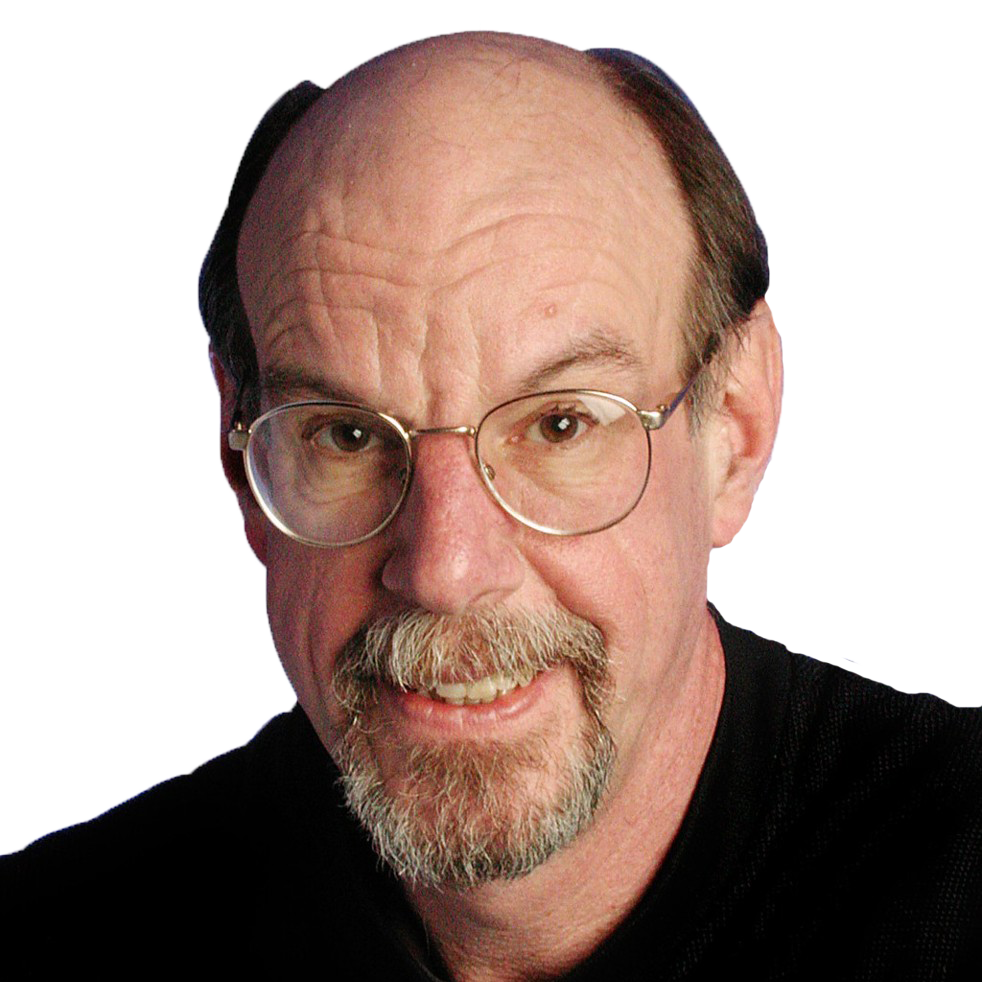 Andrew Beyer
Andrew Beyer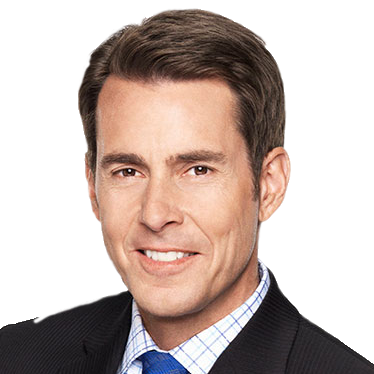 Tom Verducci
Tom Verducci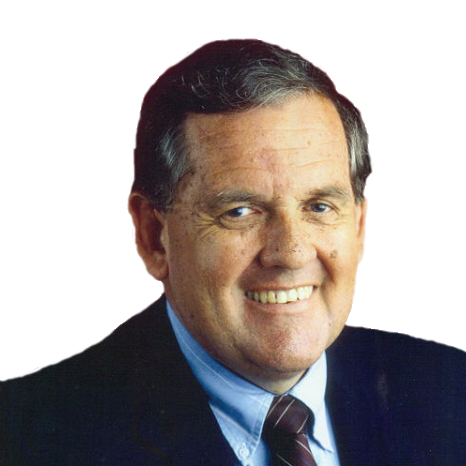 Hubert Mizell
Hubert Mizell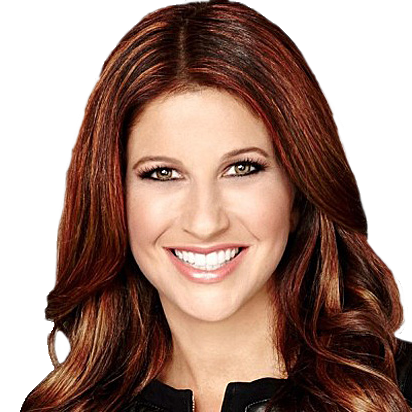 Rachel Nichols
Rachel Nichols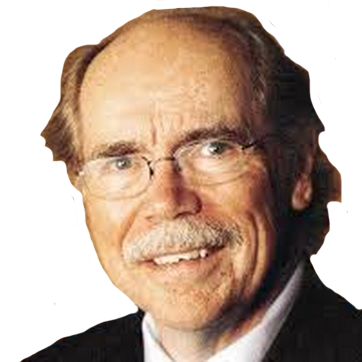 Dave Kindred
Dave Kindred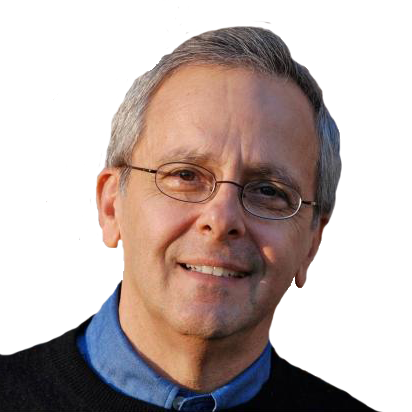 Mike Lupica
Mike Lupica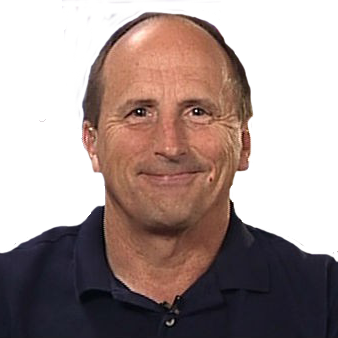 Richard Justice
Richard Justice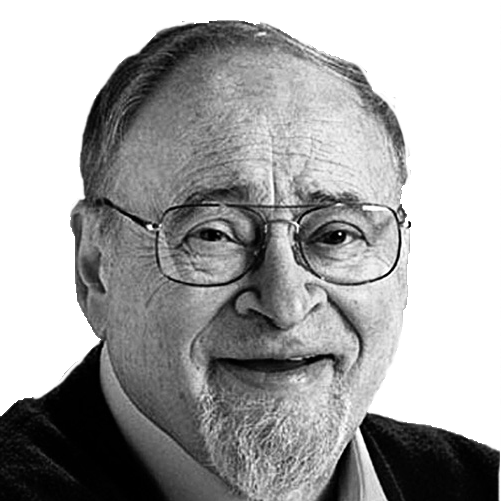 Jerry Izenberg
Jerry Izenberg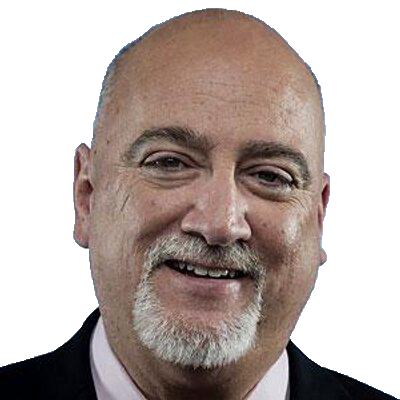 Bill Plaschke
Bill Plaschke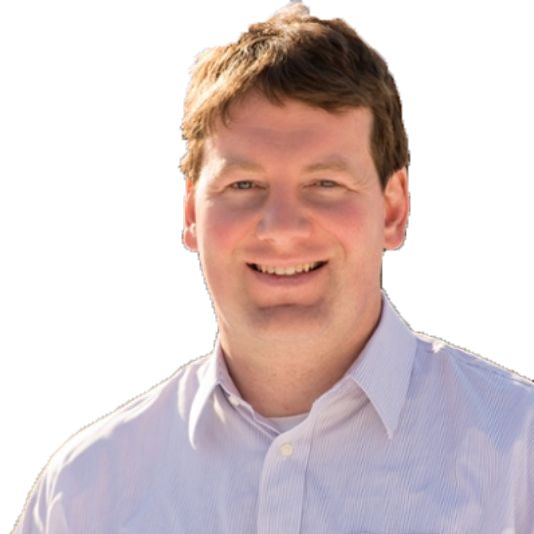 Kevin Van Valkenburg
Kevin Van Valkenburg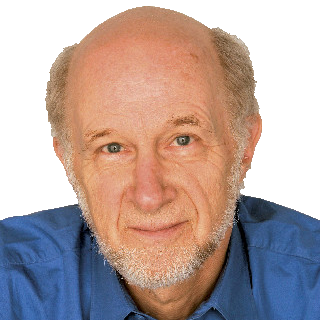 George Vecsey
George Vecsey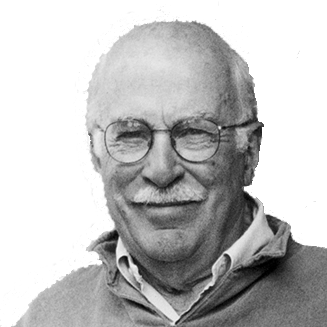 Roger Angell
Roger Angell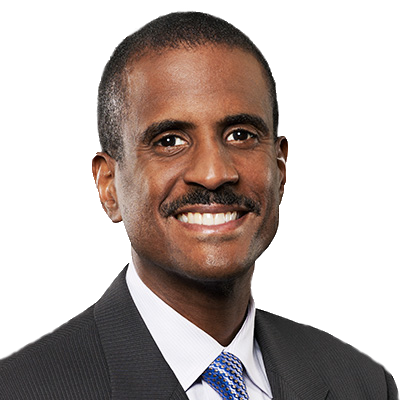 David Aldridge
David Aldridge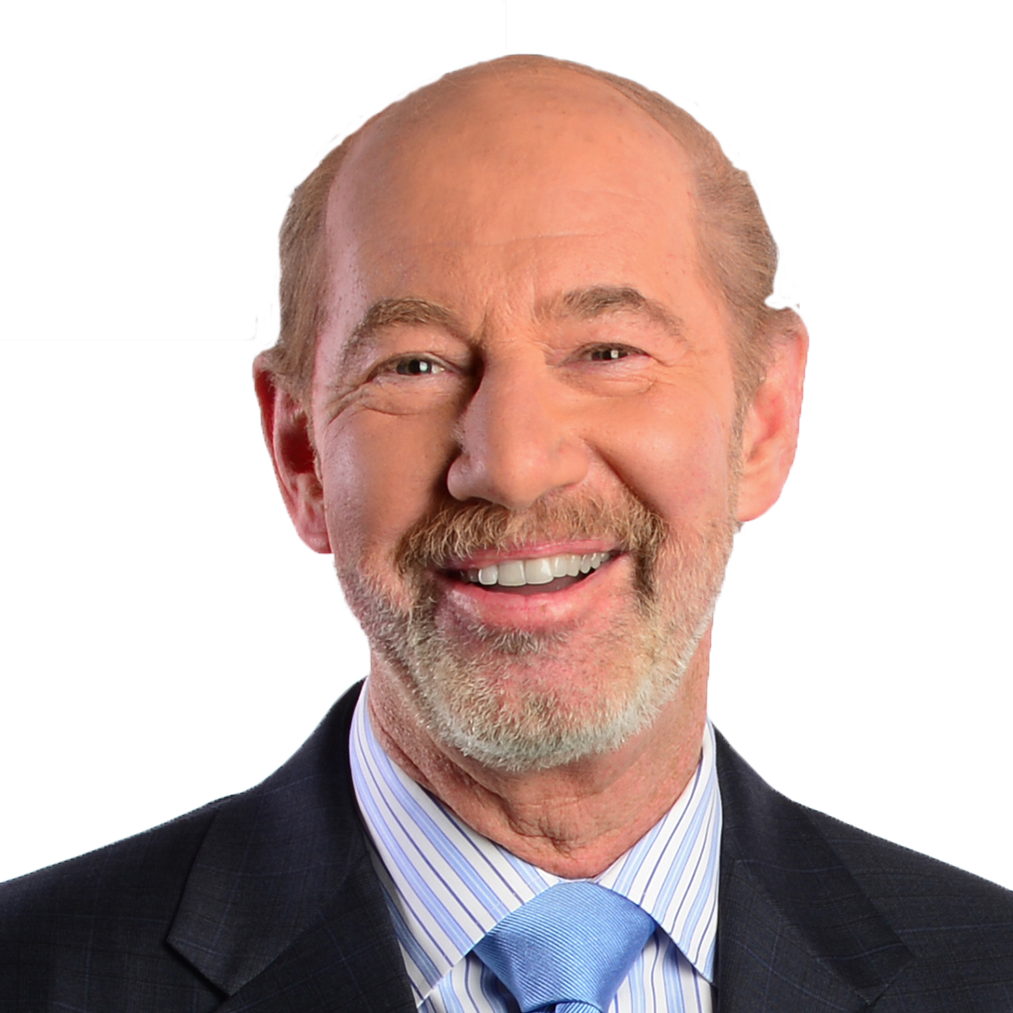 Tony Kornheiser
Tony Kornheiser Jackie MacMullan
Jackie MacMullan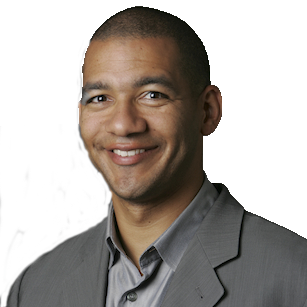 J.A. Adande
J.A. Adande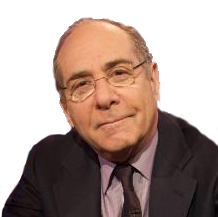 Robert Lipsyte
Robert Lipsyte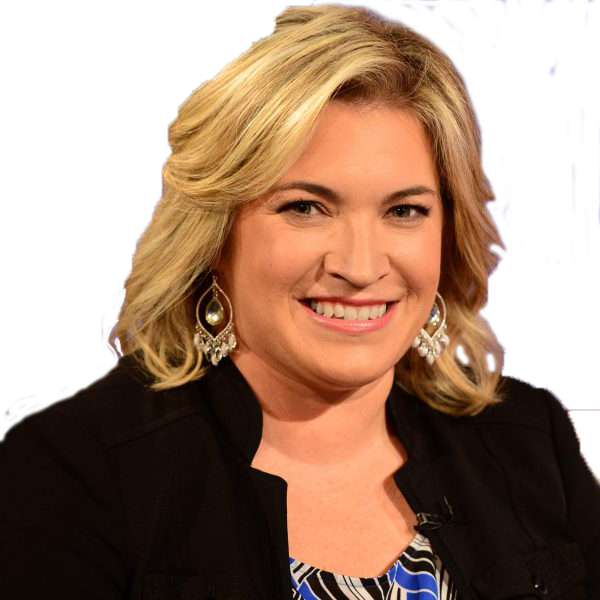 Ramona Shelburne
Ramona Shelburne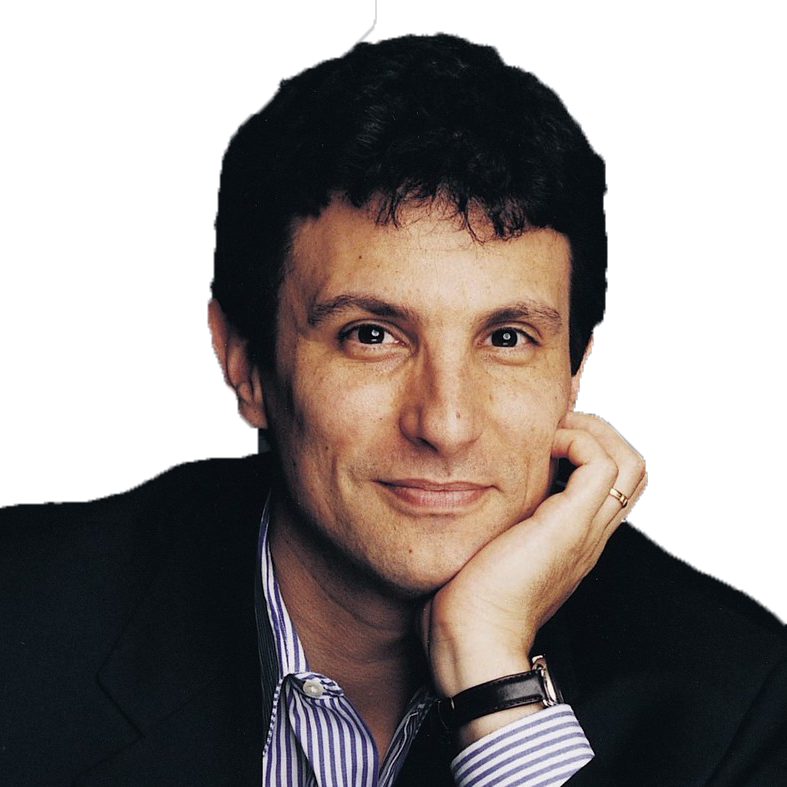 David Remnick
David Remnick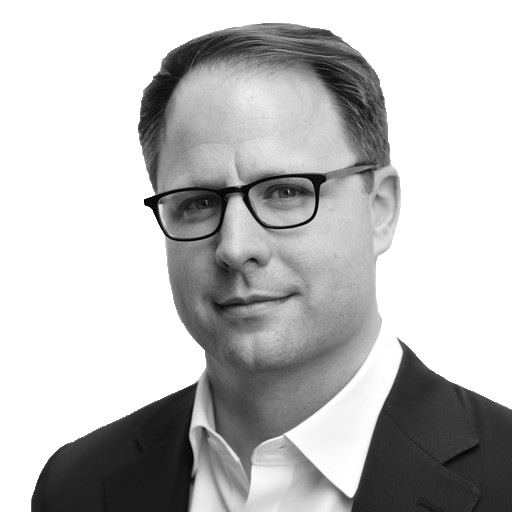 Bryan Curtis
Bryan Curtis Chuck Culpepper
Chuck Culpepper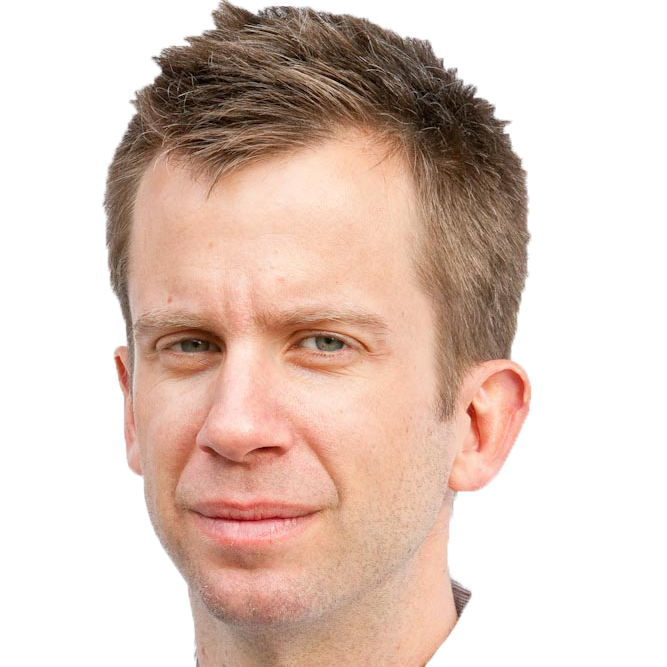 Jason Gay
Jason Gay Heidi Blake
Heidi Blake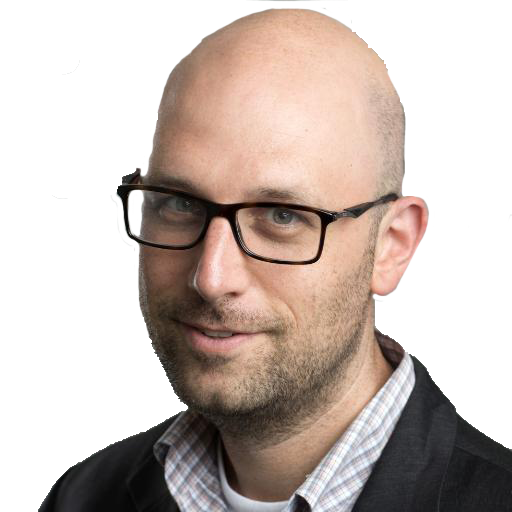 Dan Steinberg
Dan Steinberg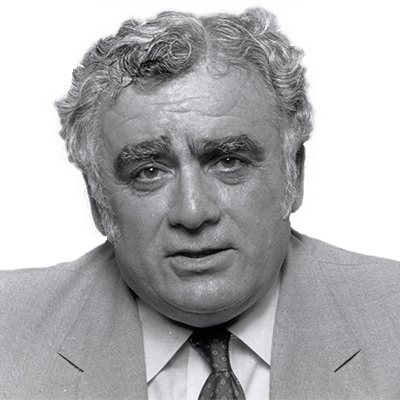 Jerome Holtzman
Jerome Holtzman Barry Svrluga
Barry Svrluga

